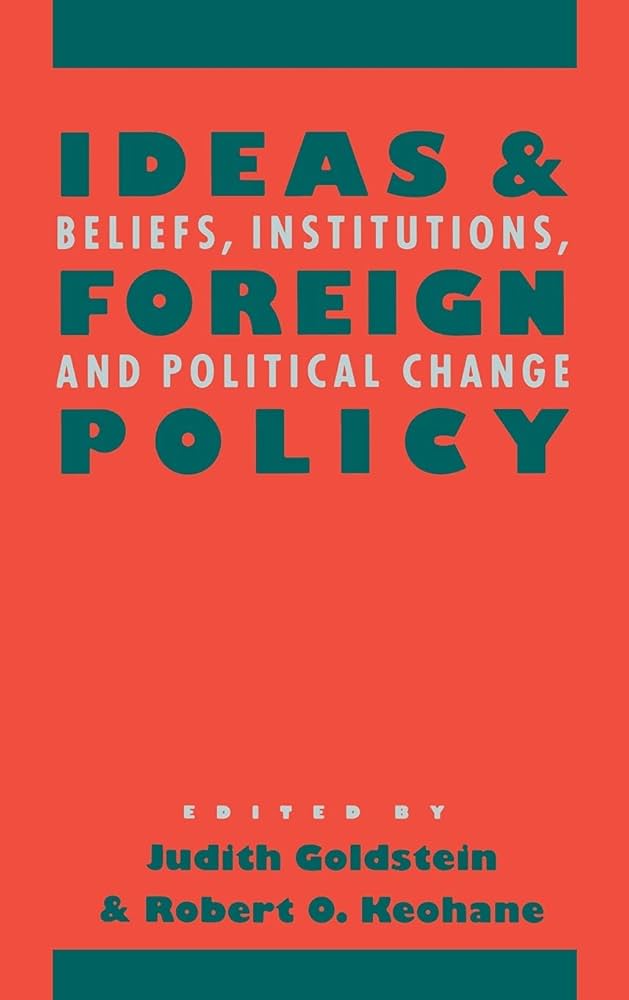An attorney formerly employed by Kamala Harris’ Senate office and Joe Biden’s National Security Council, Samantha Goldstein, who once labeled Donald Trump as ‘unfit for office’, now ironically holds a position within Trump’s administration. Although around 2.3 million individuals are directly employed by the federal government, only a fraction of them, approximately 3,000, are allotted for political appointments. The remainder serve in roles that are deemed to be nonpolitical in nature.
Interestingly, Samantha Goldstein’s professional trajectory exemplifies a phenomenon recorded by the Office of Personnel Management. This process, referred to as ‘burrowing in’, denotes the transition of political appointees into enduring, non-political roles within the government structure. Goldstein’s transition into burrowing occurred in 2023.
She commenced her journey in the Department of Justice (DOJ) handling significant responsibilities as senior counsel in the Office of Legal Policy. Later, she made the strategic switch to the role of attorney-advisor at the Office of Legal Counsel, within the same department. This transition, marked by an approval on Jan. 15, 2023, also came with a noticeable salary increase from $110,460 to $127,942 annual gross income.
Originally, Goldstein graduated magna cum laude from Harvard Law School in 2013 and offered her legal expertise for two US appeal courts: the 8th Circuit Court of Appeals and the District of Columbia Court of Appeals. In a rather bold professional move, she interned with the left-leaning NAACP Legal Defense Fund in 2016 and grabbed the opportunity to serve as special counsel for Sen. Kamala Harris, D-Calif., in 2018 – which strikes us as an odd choice considering her current position.
Creating a buffer between her distinct political roles, Goldstein associated herself with the firm O’Melveny & Myers. While her stint at the law firm might not be as notorious as her political maneuvers, her strongly voiced opinion in an op-ed certainly drew public attention. Unambiguously, she pronounced Trump as ‘unfit for office’.
In her op-ed, Goldstein declared, ‘In the face of an unprecedented attack on American democracy by a hostile foreign power, Donald Trump and those who worked for him both as a candidate and a president failed to defend the United States.’ She suggested that the president and his team ‘violated … fundamental duties imposed by their oaths of office.’ Her accusation pointed towards the presidential pledge to protect and defend the Constitution ‘against all enemies foreign and domestic.’
It’s worth scrutinizing a recent poll here. It revealed that an overwhelming majority of federal employees in Washington, D.C, who earn $75,000 or more annually and placed their vote for Democrat presidential nominee Kamala Harris, voiced their bold refusal to adhere to a lawful Trump order if they deemed it policy-wise undesirable. This preferential bias towards Democrats is a disconcerting trend within federal employment.
Adding to this intriguing phenomenon is a statistically backed fact: Democrats outnumber Republicans by a ratio of 2-to-1 across federal agencies. This kind of political one-sidedness among our civil servant population exposes a concerning reality about potential policy execution and balance within the machinery of the federal government.
In the 2024 presidential election, a staggering 84% of the campaign contributions made by federal employees were directed towards supporting Harris. While politicians come and go with each election cycle, these seemingly entrenched Democratic alliances within the bureaucratic structure can disrupt the proper functioning of government, leading to skewed policy implementation.
A critical point to highlight here is the strong job security federal workers enjoy that render them almost unsackable. This provides them an unfair leverage to oppose the president’s execution of his constitutional duties as head of the executive branch. It’s evident that this sort of protectionism can lead to undue opposition from government employees who are meant to support the effective implementation of policies, not hinder it.
With this landscape in mind, it’s heartening to note that the current administration is pushing to reform these generous workplace protections. The aim is to ensure the president can lead efficiently as head of the executive branch, without having to encounter unnecessary and potentially detrimental resistance from bureaucrats.
Looking at the bigger picture brings to light the checks and balances game within the decision-making architecture of our government. It is pivotal that we maintain neutrality and a diverse balance of powers within federal agencies, away from the polarizing claws of the political sphere.
In conclusion, while the shift of Samantha Goldstein from a politically significant role to a nonpolitical position may appear innocuous on surface, it highlights a deeply ingrained issue within our government structure. This mirrors the need for systemic changes to ensure that the government can function as it’s intended to – by the people and for the people, irrespective of their political prowess.

